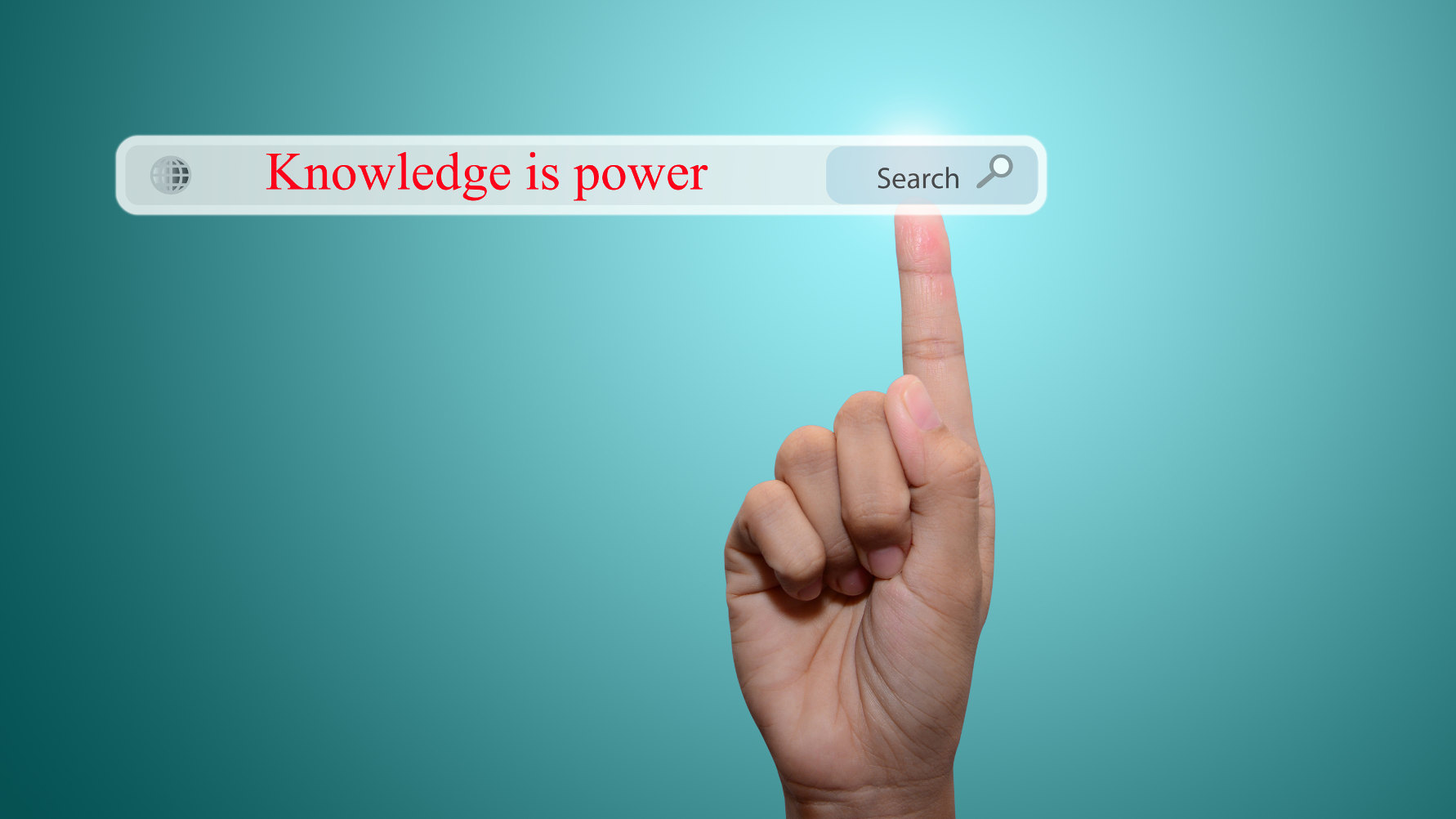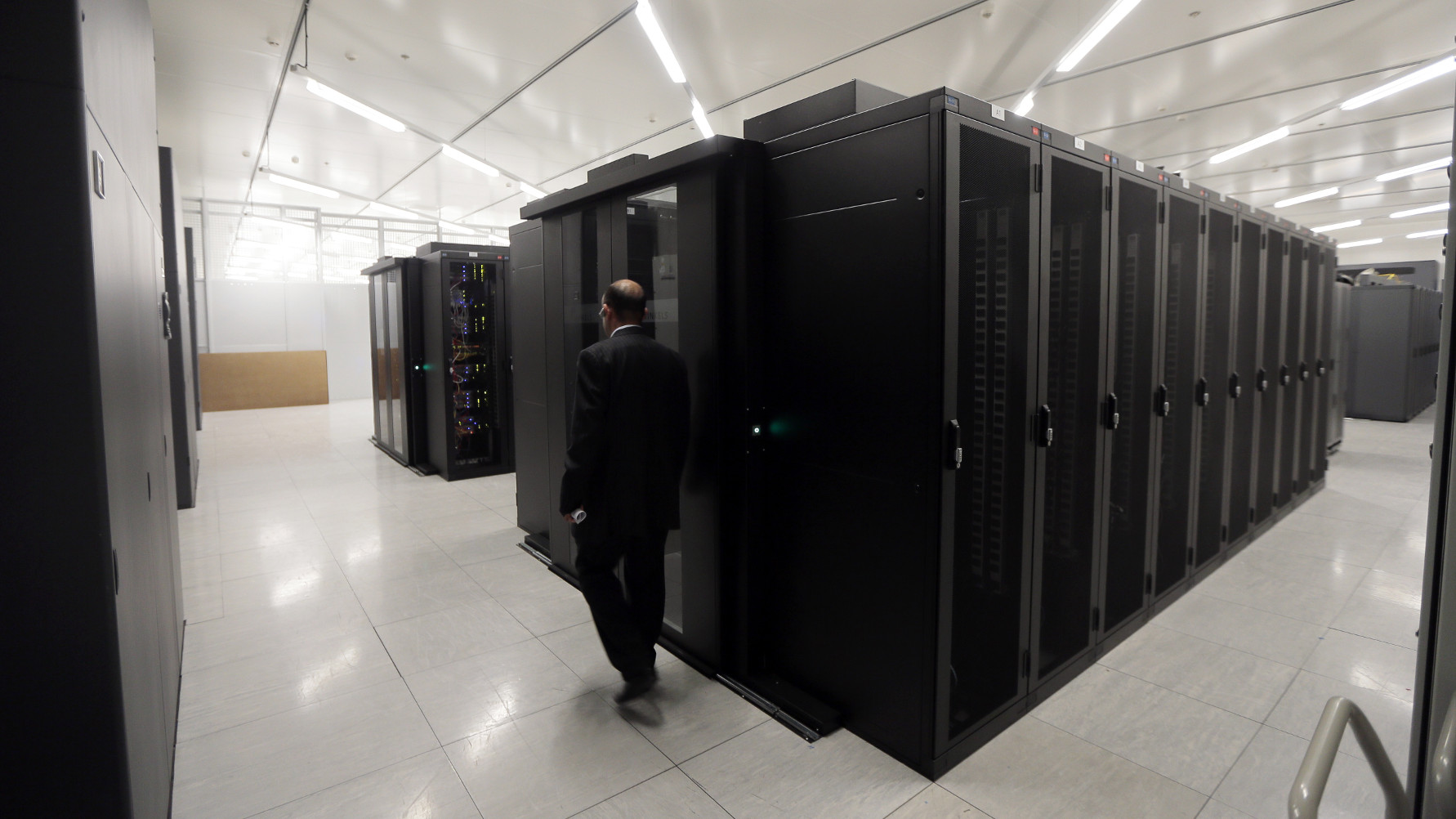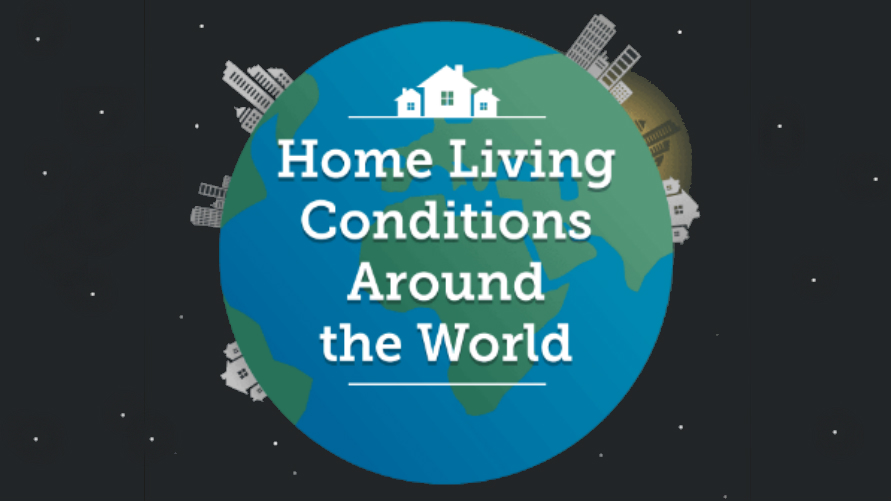We surprise the world’s brightest minds with ideas they’re totally unprepared to discuss. This week on Big Think’s podcast, we’re joined by Wendy Suzuki, neuroscientist and author of the book Healthy Brain, Happy Life
Search Results
You searched for: Internet
We surprise the world’s brightest minds with ideas they’re totally unprepared to discuss. This week on Big Think’s podcast, we’re joined by the legendary musician and spoken word artist Henry Rollins.
Or did you not even realize you were being watched.
Dashcams are growing in popularity as drivers seek to protect themselves from liability… as well as catch some pretty cool footage from time to time.
The court of public opinion has never been stronger than in our current social media age. But does the brand of justice it dishes out improve upon or subvert the rule of law?
What happened when a team of researchers slapped a button and a countdown timer on Reddit? A community formed.
James Manyika, director at the McKinsey Global Institute, explains that technology isn’t just for rich countries anymore.
▸
5 min
—
with
Searching the internet gives people an inflated sense of knowledge, according to a recent study.
The ill-mannered use of mobile phones in public is infuriating. Here’s what you can do about it.
Algorithms are in charge of hiring people and data collection. You should have the right to know what they’re saying about you.
Philip Zimbardo, who became a household name after conducting the Stanford prison experiments, argues that our online culture is disproportionately harming boys.
The Internet is a funny place. Humor is one the things it does best, which is why I was shocked, and ultimately disappointed, at the collective reaction to Joyce Carol Oates’ recent tweet.
Sarah Larson analyzes how texting our amusement has changed — how does a “heehee” sound versus a “hehe”?
From novice to mastery, one frame at a time. “Ever since I was a child I have had this instinctive urge for expansion and growth. To me, the function and […]
Internet service providers have filed suit against the FCC over its recent decision to regulate broadband internet as a public utility.
We surprise the world’s brightest minds with ideas they’re not at all prepared to discuss. Check out our promo and subscribe now. Episode 1 launches 6/20/15.
We never give people who live in the public eye the same amount of privacy and respect that we afford our personal friends.
The once-revolutionary technology is headed for the landfill, but it offers advantages that modern video formats can’t match.
Mathematicians believe Americans are letting their anxieties over math get the better of them.
Let the French flag fly on Facebook. It flies for us all. It flies for life.
Our neighborhoods play with our perceptions about the state of wealth, influencing our opinions on wealth politics.
With self-driving cars as well as other new tech, Apple and Google maintain starkly different corporate values with regard to transparency.
Don’t expect the president to be a prolific tweeter, nor for him to offer any glimpses into his personal psyche.
Researchers have found men who throw sexist comments at women are reacting to an upset in their hierarchy, trying to retain their dominance.
The states of your house, household, and community vary greatly based on where you live. Where does your country stack up against the rest?
In the 10 years since it went public, YouTube has been a hot topic for cultural critics and experts on innovation. We take a look at the site’s past and the promises for its future.
Are you Homo Curiosus or Homo Definitus?
Technologist and futurist Ray Kurzweil says our brains, as complex as they are, are constrained by an upper limit of 300 million “pattern recognizers.” But our future, cloud-based “virtual brains” will have no such constraints.
▸
1 min
—
with
The Middle Eastern pan-Arab military organization has found its way into the hearts and minds of Westerners searching for a cause.
Researchers have found watching events like the 9/11 terrorist attacks or a school shooting unfold over social media may have caused some trauma to viewers. They report some even experience PTSD symptoms.




























